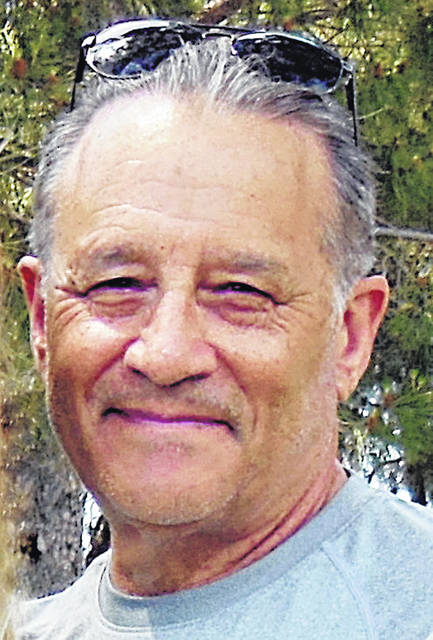
In a manner of speaking, disinformation is a virus. Viruses are defined as “causative agents that infect and replicate in and among living hosts.”
We used to call disinformation “propaganda.” It’s easy to make the association when we think of how the Russians use propaganda, now disinformation and misinformation, as a principle tool of their foreign policy.
Carl Bernstein, the famous Watergate journalist of the Washington Post has said that “the lack of information (ignorance), misinformation, disinformation, and the political contempt for truth has run over contemporary journalism.”
So, are we in a post-truth society? Is there anything we can do about it since truth and facts form the basis of a free-voting civil society? In a democracy, it’s been said that information is power, and disinformation is an abuse of power. Logic would have it that citizens in a democracy have a moral obligation to seek reliable information sources. But when information trading platforms like Facebook and Twitter become broadcasting towers for any and all information, including misinformation and disinformation, is free speech as intended by the First Amendment in jeopardy? Have we reached a point where the waves of disinformation in America have swamped the ideals and foundations of our nation?
I’ve come to believe that together with climate change, disinformation maybe the biggest worldwide threat we face as a civilization. I’m from a generation that worried mostly about the nuclear arms race. But for this rising generation, I fear for another kind of arms race between purveyors of truth and propagandists. What has accelerated this new arms race is the real-time lightspeed of electronic communications and social media, which quickly spread and inflame the new arms race.
My mother-in-law was one of the sweetest and most trustworthy persons I have known. Still keen and smart, she tried earnestly at age 85 to learn how to email and use the internet. When she got trolled and phished by the dark knights of the internet, she believed everything they told her, leading to ransom and computer infections. I can’t express how disturbing and dishearteningly these violations of trust were to her, especially as she began to see them as dangerous harbingers of the future for her grandchildren.
The solution enigma for this problem is bound up in the unbalanced equation of free speech and the age of disinformation.
The People’s Republic of China has a simple solution to the problem as they see it. The government censors any and all information they don’t want their citizens to see or hear. Try Googling in China. Want to communicate using a virtual private network in Russia? Sorry, not possible by order of Vladimir Putin. These kinds of dictates are anathema to a free society. Can we ask platforms like Facebook, Twitter, Instagram, WhatsApp and WeChat to filter for truth and fact? That gets tough when commercial advertising sometimes benignly shades the truth. And it gets even trickier when information is carried by another internet bug, I’ll call it anonymous sources, which begs the question of whether they are sufficiently motivated and qualified to censure for truth.
Again, the problem is the solution. As my father used to say, bring me solutions, not more problems.
First and foremost, never has there been a time in our democracy when we as citizens have had more of a personal responsibility to take charge and stand up for truth and ways to support its existence. Never has there been more cause for mandatory civics courses in our public schools. Civics education is a powerful antidote to disinformation. “Democracy dies in darkness,” as the Washington Post states in its mission statement.
Second, there are in fact limits to free speech proscribed in our democracy. It’s been established for many years that you can’t yell fire without cause in a movie theater. People in a panic could get trampled and hurt. Speech restrictions are well-established in cases involving libel, slander, obscenity, sedition and pornography. These are well-defined and well-accepted limits to free speech. Much legislative discussion has been made of the possibility of restricting hate speech which can lead to violence and discrimination. Somewhat less clear to me are the limits set by precedent to students’ speech in school newspapers.
Third, since capitalism is so tied to our democratic society, corporations need to step up to commitments of integrity and truth in the marketplace of communications.
Finally, with the onset of the internet and the toxic waves of disinformation that now are poisoning our society, perhaps it’s time to update by redefining the free-speech First Amendment pillar established by our founding fathers.
Yet none of these ideas should preclude the need for parents and teachers to forcefully take on this disinformation enemy of democracy through pervasive and energetic civics education.
Bill Sims is a Hillsboro resident, an author, and runs a small farm in Berrysville with his wife. He is a former educator, executive and foundation president.


